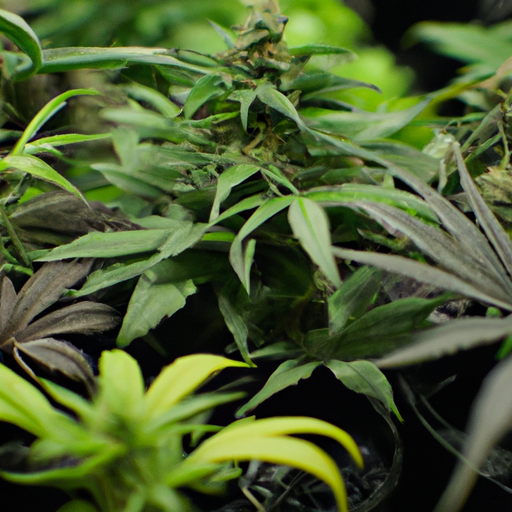Navigating Legal Representation for Marijuana Charges: Essential Steps
If you or someone you know is grappling with marijuana charges, securing legal representation promptly is critical. To learn more about how our adept attorneys can safeguard your rights and strive for the most favorable outcome in your case, click here: Marijuana Charge Defense Information.

Marijuana Legalization: Shifting Perceptions and Accessibility
Marijuana, often referred to as cannabis, has long been a subject of debate, traditionally outlawed in many nations, including the U.S., due to its psychoactive properties and potential for misuse. Recent years, however, have seen a paradigm shift in attitudes towards marijuana, culminating in its legalization in various states. This legislative change has profoundly influenced marijuana’s usage and accessibility.
Legalization proponents argue that it curtails the black market’s dominance. Regulated and sold in licensed dispensaries, marijuana becomes harder for illicit dealers to compete. This is evident in states like Colorado, where the illegal marijuana market has substantially dwindled post-legalization in 2012.
Furthermore, legalization has augmented state tax revenues significantly. For instance, Colorado garnered over $300 million from marijuana sales taxes in 2019, funding vital sectors like education and healthcare. It also relieves law enforcement and the criminal justice system from the burden of enforcing marijuana prohibitions.
A notable effect of legalization is the reduction in arrests and convictions for marijuana-related offenses. In the past, even minor possession could lead to a criminal record, adversely impacting job prospects and access to education and housing. Legalization removes such legal threats, particularly benefitting communities of color, historically disproportionately impacted by drug war policies.
However, legalization critics express concerns over potential increases in marijuana use, particularly among youth, fearing it might normalize drug consumption. Nonetheless, research indicates no significant uptick in teenage marijuana use in states where it’s legal.
Legalization also paves the way for more medical research on marijuana. Previously, its illegal status hindered scientific inquiries. Now, researchers can explore marijuana’s potential health benefits, leading to new treatments like Epidiolex for seizure disorders.
Yet, there’s worry about rising marijuana potency, especially with new products like edibles and concentrates with higher THC levels. Regulations and proper labeling can help mitigate these risks.
In summary, marijuana legalization has markedly affected its use and availability, reducing black market prevalence, boosting state revenues, and lowering legal risks for users. While concerns about usage and potency exist, the overall impact appears positive.
Economic Impacts of Marijuana Legalization: Local and National Perspectives
The recent shift towards marijuana legalization in various U.S. states has ushered in significant economic implications at both local and national levels.
One major economic boon is the surge in tax revenue. States like Colorado and California have seen substantial tax income from legal marijuana sales. For example, Colorado’s 2019 marijuana sales tax contributions exceeded $300 million, benefiting public sectors like education and healthcare. The industry has also sparked job creation, bolstering the economy further.
Legalization also means reduced law enforcement expenses. Previously, considerable resources were devoted to enforcing marijuana laws, including arrests and prosecutions. Post-legalization, these costs have dropped, freeing up resources for other critical issues and reducing non-violent marijuana offense incarcerations, saving government prison expenditures.
On a local scale, legalization has invigorated small businesses within the marijuana industry, including dispensaries, cultivation, and manufacturing companies. These businesses not only generate employment but also contribute to the local economy through taxes and fees. Additionally, legalization has attracted tourism, with people visiting these states to legally purchase and consume marijuana.
However, challenges persist, like the potential persistence of a black market due to lower illegal product prices, possibly undercutting legal business growth and tax revenue. Moreover, legalization may impact the alcohol and tobacco industries, as consumers might opt for marijuana over these products, affecting their sales and economic contributions.
Long-term concerns include the effects of marijuana use on workplace productivity and healthcare costs. Although immediate economic impacts seem favorable, thorough research is needed on these potential long-term implications.
Overall, marijuana legalization presents significant economic impacts at both local and national levels, including increased tax revenue and job creation, alongside reduced law enforcement costs. However, considerations about the black market, other industries, and long-term effects remain pertinent. As legalization expands, ongoing monitoring and assessment are crucial to ensure sustained benefits.


